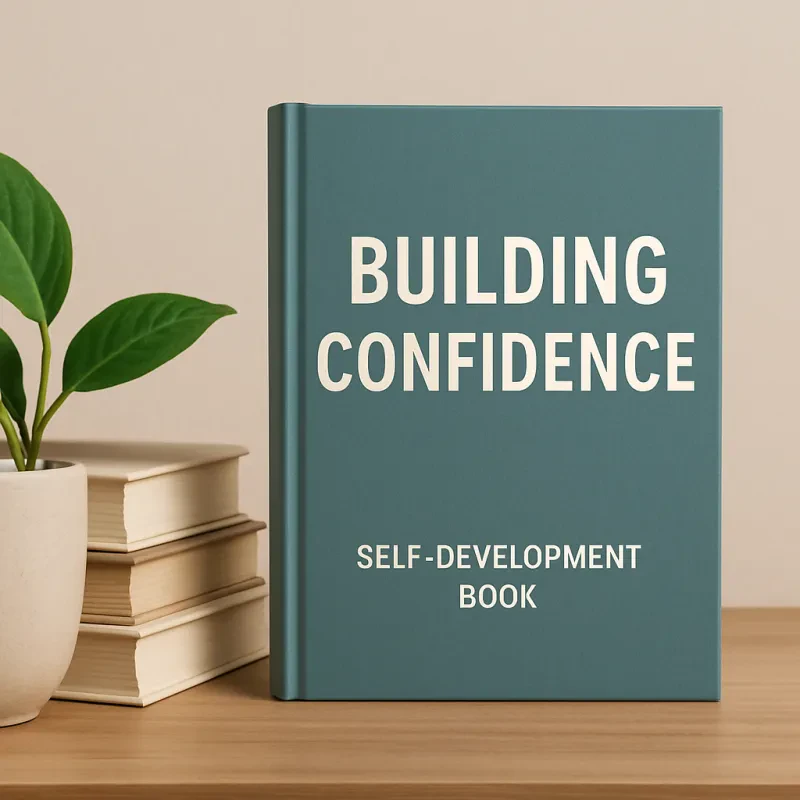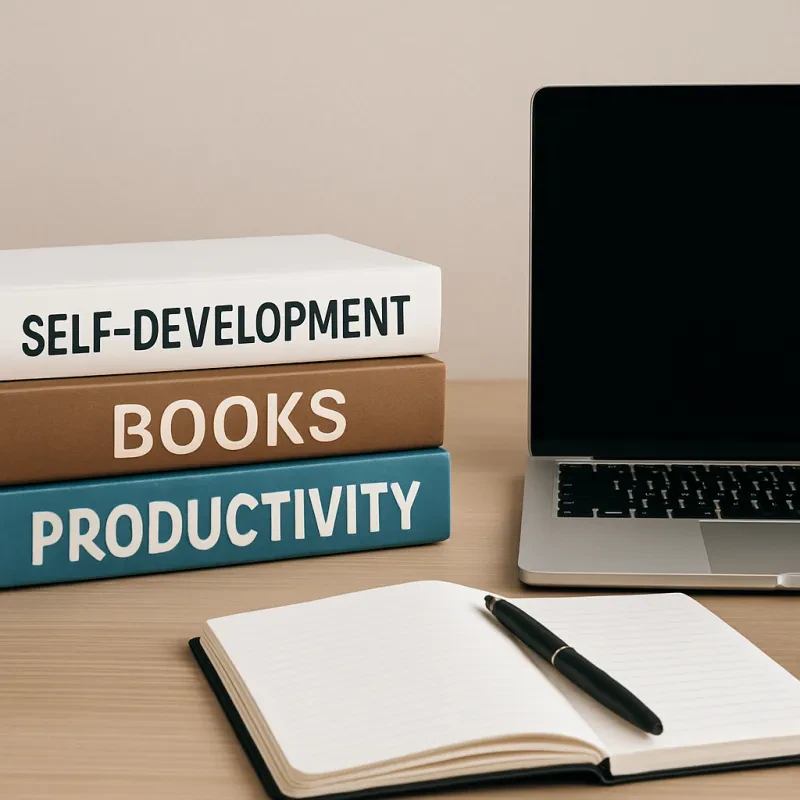Prioritizing Self-Care: A Holistic Guide to Looking After Yourself
High stress and burnout have become common in our lives today. A recent study found that 77% of people experience physical symptoms due to stress. In this chaotic world, self-care emerges as a vital practice to maintain balance and health.
Self-care goes beyond bubble baths and face masks. It includes taking care of your physical, mental, emotional, and social well-being. Each aspect plays a vital role in your overall health and happiness. This article will explore various self-care strategies, helping you cultivate a healthier lifestyle.
Nurturing Your Physical Well-being: The Foundation of Self-Care
Prioritizing Sleep: The Crucial Role of Rest
Sleep is essential for a healthy life. Studies indicate that 35% of adults don't get enough sleep, which can lead to serious health issues. To improve your sleep, consider these tips:
- Stick to a consistent sleep schedule.
- Create a calming bedtime routine, such as reading or meditating.
- Limit screen time before bed.
The Power of Nutrition: Fueling Your Body Right
What you eat has a direct impact on how you feel. Balanced nutrition supports both body and mind. Include these nutrient-rich foods in your diet:
- Leafy greens for vitamins and minerals.
- Whole grains for sustained energy.
- Lean proteins for muscle repair.
Meal planning can also make healthy eating easier. Prepare meals in advance to avoid the temptation of fast food.
Movement and Exercise: Benefits Beyond Physical Fitness
Exercise isn’t just for losing weight. Regular movement boosts mental health too. Research shows that exercise can reduce anxiety and depression. Explore various ways to stay active:
- Walking or jogging outdoors.
- Joining a dance or fitness class.
- Practicing yoga for flexibility and relaxation.
Choose activities that you enjoy to keep motivation high.
Cultivating Mental and Emotional Well-being
Mindfulness and Meditation: Finding Inner Peace
Mindfulness helps reduce stress and anxiety. This practice encourages you to be present in the moment. Apps like Headspace and Calm offer guided meditations to get started.
Stress Management Techniques: Coping with Daily Challenges
Everyone faces stress, but it's how you manage it that matters. Techniques like deep breathing, journaling, or yoga can help.
Real people have reported significant improvements after trying these techniques. For example, one person used deep breathing exercises during a stressful day at work and found a clearer perspective.
Seeking Professional Help: When to Reach Out
At times, self-care requires more than personal effort. Therapy may be needed. Finding a mental health professional is vital for those struggling. Look for local options or online services that can assist you.
Strengthening Social Connections: The Power of Community
Building Supportive Relationships: The Importance of Connection
Social connections are essential for good mental health. Close relationships can improve your mood and well-being. Consider these tips to strengthen your connections:
- Focus on nurturing existing friendships.
- Reach out to new people through community events or online groups.
Setting Boundaries: Protecting Your Time and Energy
Healthy boundaries in relationships prevent burnout. Communicate your needs clearly. Use "I" statements, like "I need some time for myself."
Engaging in Social Activities: Finding Your Tribe
Participating in social activities can lift your spirits. Join clubs or groups that match your interests. Try volunteering to meet like-minded individuals. Individuals have found that forming friendships through shared hobbies creates lasting bonds.
Prioritizing Self-Care Through Hobbies and Leisure Activities
Discovering Your Passions: Exploring Creative Outlets
Finding enjoyment in hobbies is invaluable. Engaging in activities you love brings joy and stress relief. Think about what interests you. Painting, gardening, or playing an instrument—anything that sparks your passion—can be fulfilling.
Unplugging from Technology: The Importance of Digital Detox
Excessive screen time can negatively affect your mood and sleep. Consider limiting your technology use. Try these tips to unplug:
- Set specific times to check your phone.
- Enjoy outdoor activities instead of scrolling online.
Scheduling “Me Time”: Making Self-Care a Priority
Making self-care a priority is essential for overall well-being. Schedule time for yourself just as you would for important appointments. Consider these strategies for creating a self-care routine:
- Block off time weekly for hobbies or relaxation.
- Treat it like any other commitment—don’t skip it.
Conclusion: Integrating Self-Care into Your Daily Life
In summary, self-care is crucial for maintaining a balanced, healthy life. Prioritize sleep, nutrition, movement, mental well-being, and social connections. Discover your passions, unplug from technology, and dedicate time for yourself.
Making self-care a priority allows you to lead a happier, healthier life. Start small, and integrate these practices into your daily routine. Take that first step today—your well-being depends on it.



